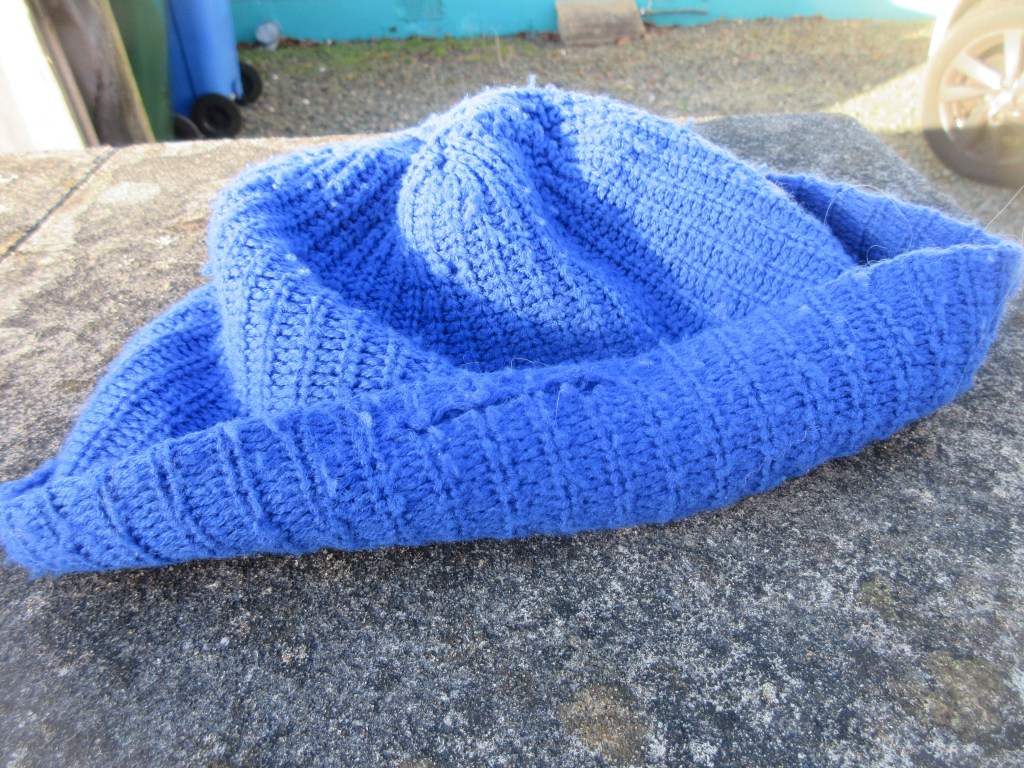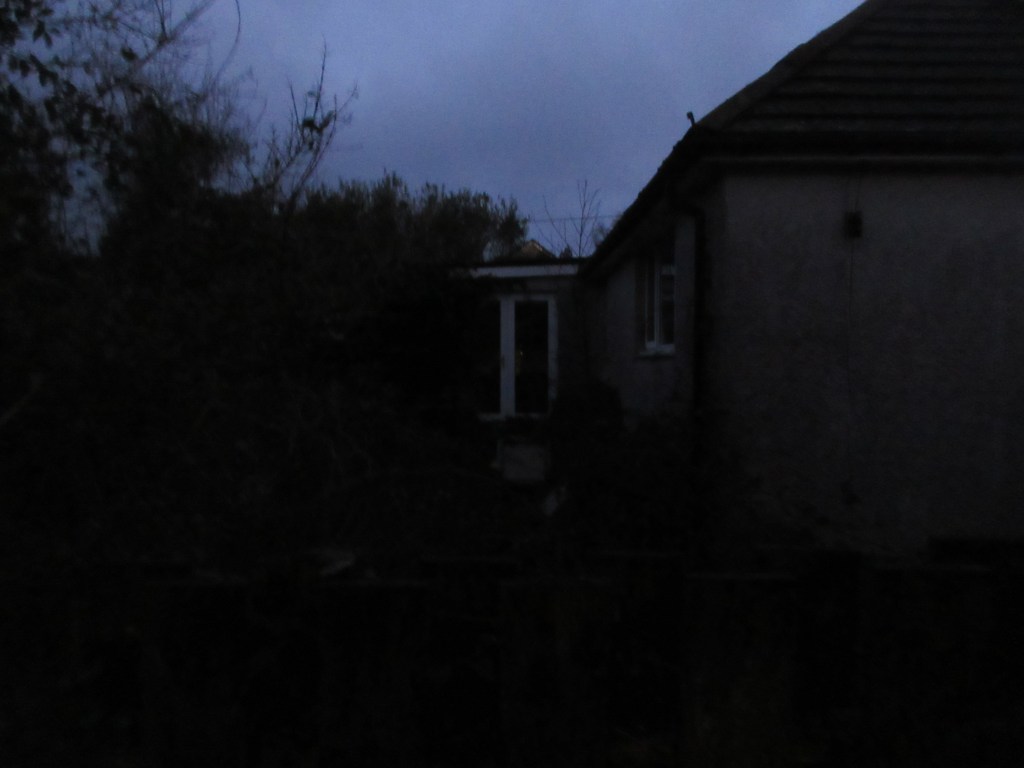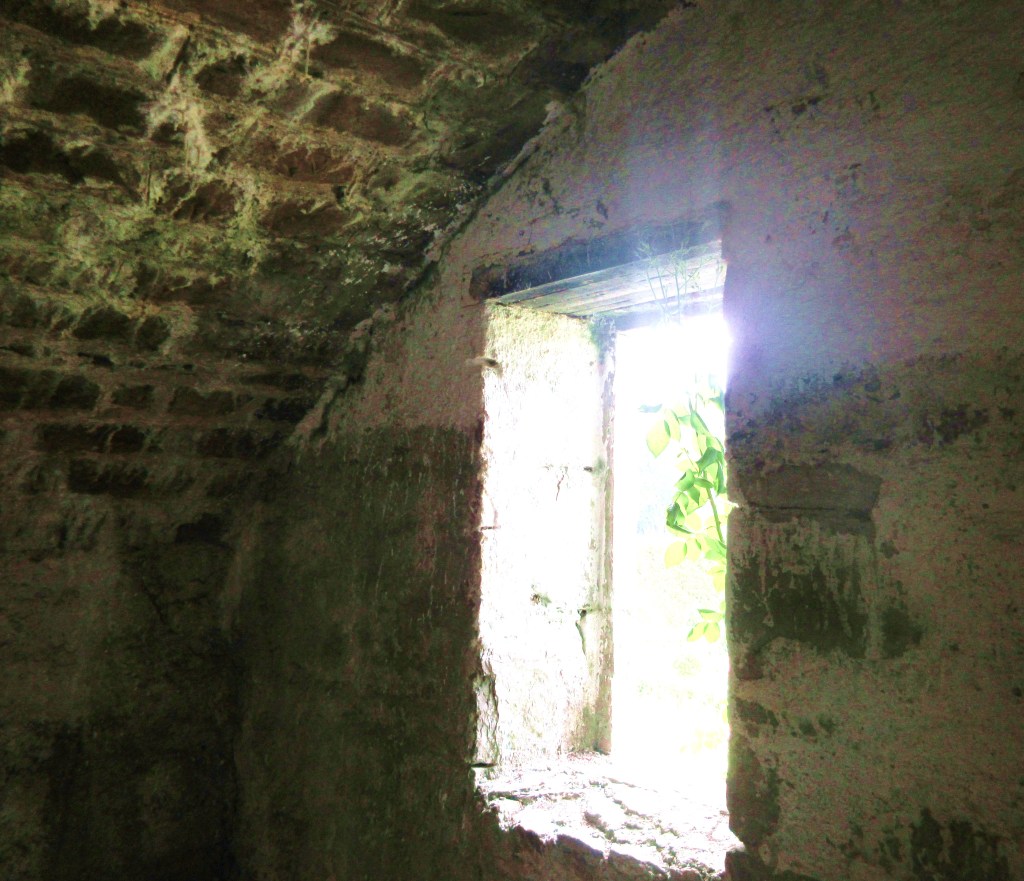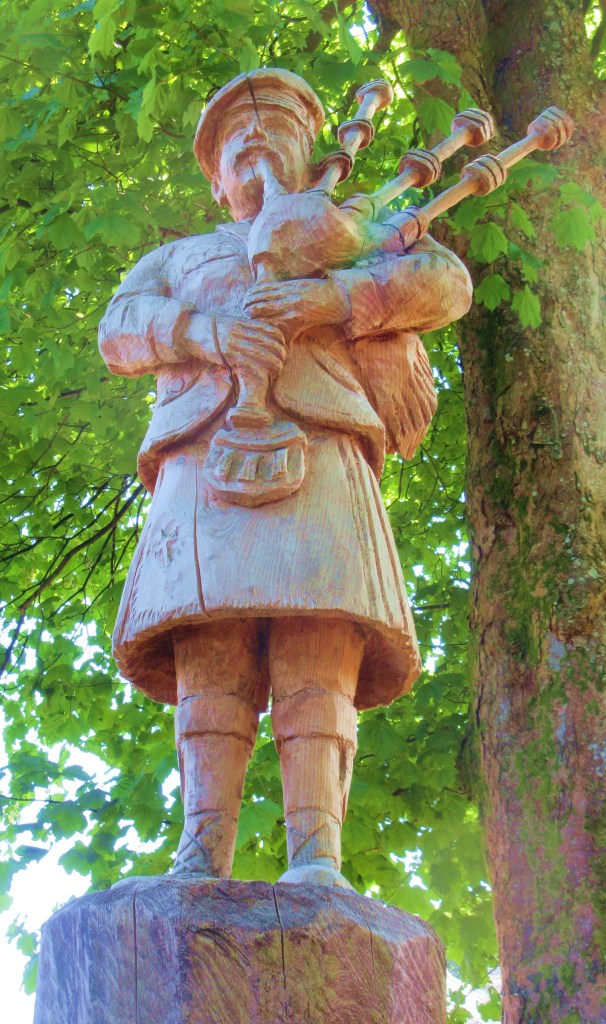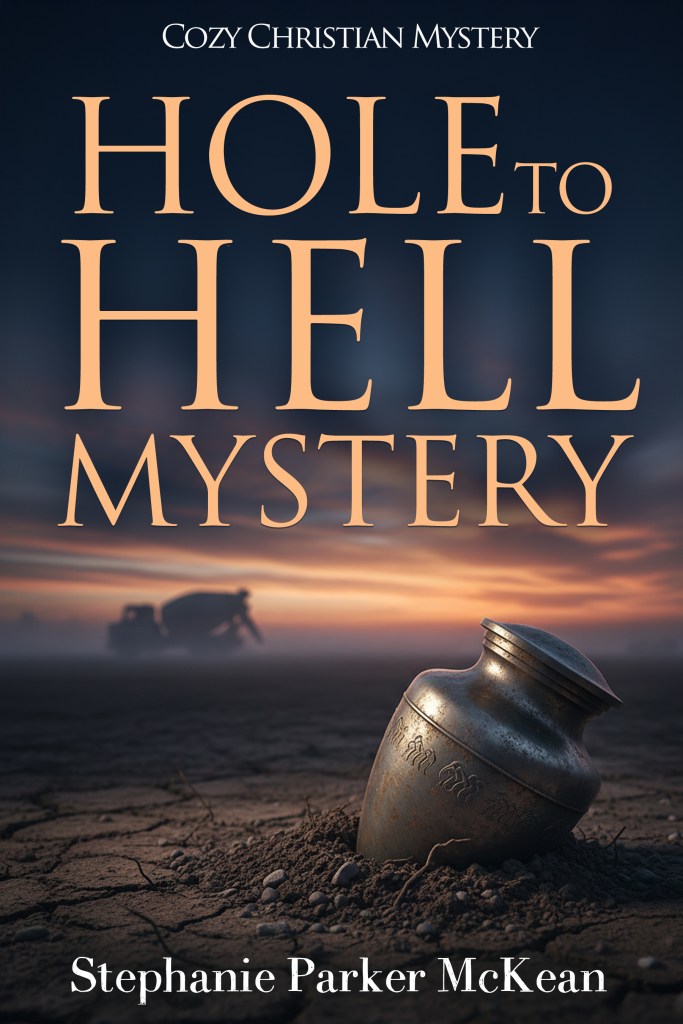
Our collie dog’s flea and tick spot-on treatment is sitting on the corner of my desk waiting for a dry day to be applied. It’s been sitting there for a week.
Some parts of the world cry out for rain. Dunoon, Scotland is not one of them. With an average of 185 rainy days a year, and weeks of grey skies and clouds even when it isn’t raining, some folks suffer from SAD. Seasonable Affective Disorder. Depression. Scotland gets an average of more than 59 inches of rain a year, so the sky is cloudy more than it is clear or sunny.
However, in my Bandera County, Texas home—folks celebrate rain. When it rains, Facebook fills up with “Praise the Lord for the rain.” That’s because the Texas Hill Country has a semi-arid climate and averages a mere 32 inches of rain per year.
Location, location, location.
In the wild, bears maintain ecological balance. They promote biodiversity within ecosystems by regulating herbivore growth and cycling nutrients. As apex predators they keep other species in balance. However, most Florida and Arizona residents are not amused when they get home to find a bear has entered their home, stolen food, and damaged possessions. Not to mention that a wild bear in such close proximity can be a threat to life and limb.
Location, location, location.
Likewise, alligators in the wild maintain ecological balance in their watery worlds. Alligator holes hold water even during dry seasons and provide critical habitats for fish, amphibians, turtles, wading birds, and other wildlife. However, residents who step outside their front doors and are confronted by an alligator face severe danger. Like bears, gators sometimes enter people’s homes. Finding a large gator in the living room or kitchen is not fun.
Location, location, location.
Savannah’s flea and tick treatment continues to sit on the edge of my desk waiting for a dry day. Thinking about location reminds me of my location in this life. This earth, whether Scotland, Texas, or somewhere else, is not my home. I am passing through on my way to an eternity that knows no clouds, no rain, no darkness, no pain, sorrow, illness, suffering, death, or parting. To walk the skies with Jesus is a location that eclipses everything else including human words and ability to describe it.
“The city had no need of the sun or of the moon to shine in it, for the glory of God illuminated it…and the nations of those who are saved shall walk in its light…and there shall by no means enter it anything that defiles, or causes an abomination, or a lie, but only those who are written in the Lamb’s Book of Life.” Revelation 21:23-27.
Amazon.com: Stephanie Parker McKean: books, biography, latest update
